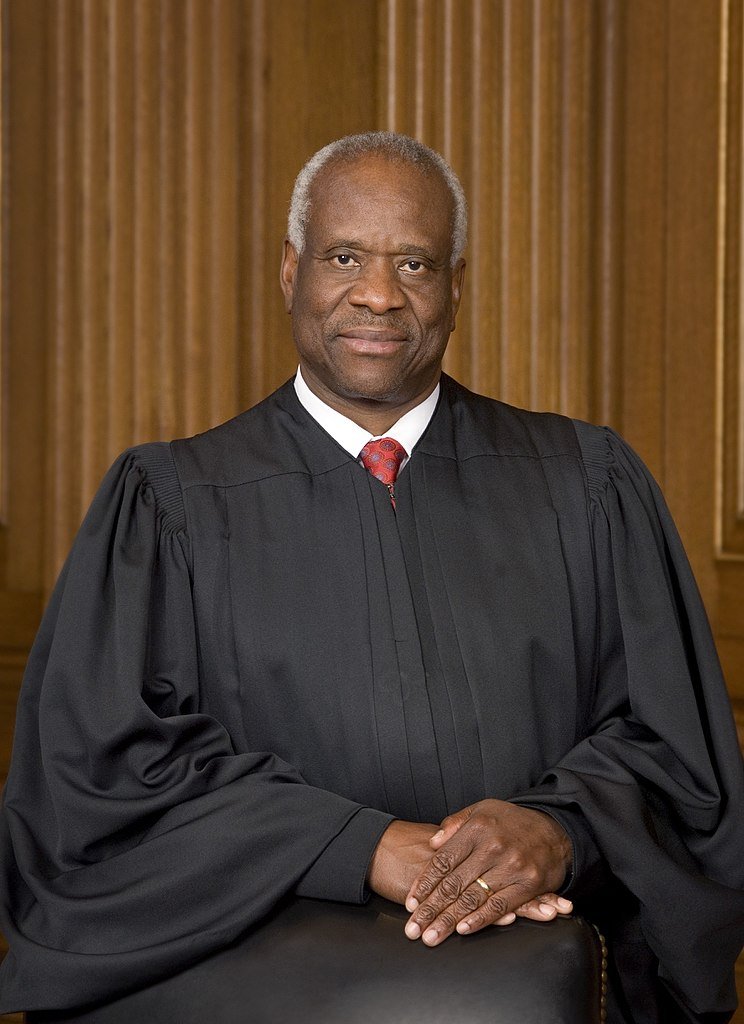Hertz Corp. v. Friend
Key Principle
Nerve Center Test: A corporation’s “principal place of business” is the place where a corporation’s officers direct, control, and coordinate the corporation’s activities.
Case Overview
CITATION
ARGUED ON
DECIDED ON
DECIDED BY
559 U.S. 77
Nov. 10, 2009
Feb. 23, 2010
Legal Issue
What does the statutory language “principle place of business” mean in the context of diversity jurisdiction?
Holding
In the context of diversity jurisdiction, a corporation’s principal place of business is its “nerve center”, which is the location where corporate officers direct, control, and coordinate the corporation’s activities.
Hertz Global Headquarters in Oklahoma City, Oklahoma | Credit: A Better Life OKC
Background
At the time of the case, Hertz Corp. had operational locations in 44 states, with California accounting for 273 of its 1,606 car rental locations, 2,300 of its 11,230 full-time employees, $811 million of its $4.371 billion in annual revenue, and 3.8 million of its 21 million annual transactions. However, Hertz’s corporate headquarters and core executive functions are located in Park Ridge, New Jersey, with some administrative operations taking place in Oklahoma City, Oklahoma.
The respondents, who are California citizens, alleged violations of California wage and hour laws against Hertz and sued them in California state court. Hertz then asserted diversity jurisdiction and removed the case to federal court, but the the District Court for the Northern District of California ultimately remanded the case to state court, finding that Hertz’s “principal place of business” was in California. The Ninth Circuit Court of Appeals affirmed the order, and SCOTUS granted certiorari.
Summary
Unanimous decision for Hertz Corp.
Hertz Corp.
Friend
Thomas
Alito
Sotomayor
Stevens
Kennedy
Scalia
Roberts
Breyer
Ginsburg
Opinion of the Court
Writing for the Court, Justice Stephen Breyer explained that the correct interpretation of the statutory language of “principle place of business” in 28 U.S.C. §1332(c)(1) is a single, specific place within a state, not the state in its entirety. Justice Breyer posited that the Nerve Center Test is the appropriate way to determine a corporation’s citizenship since it identifies the location where corporate officers direct, control, and coordinate activities. The Court rejected the approach of measuring the total amount of business activities in a state, as it could lead to inconsistent and overly complex jurisdictional determinations and in many cases, it just means that California or other large states would be the default purely based on population size.









